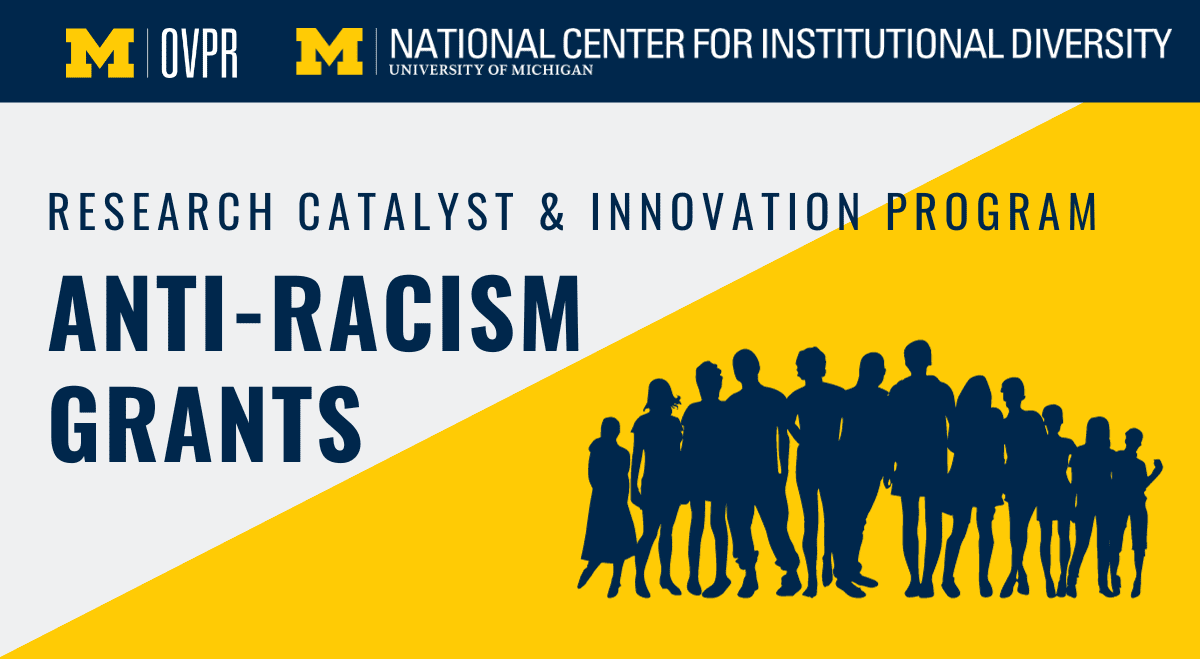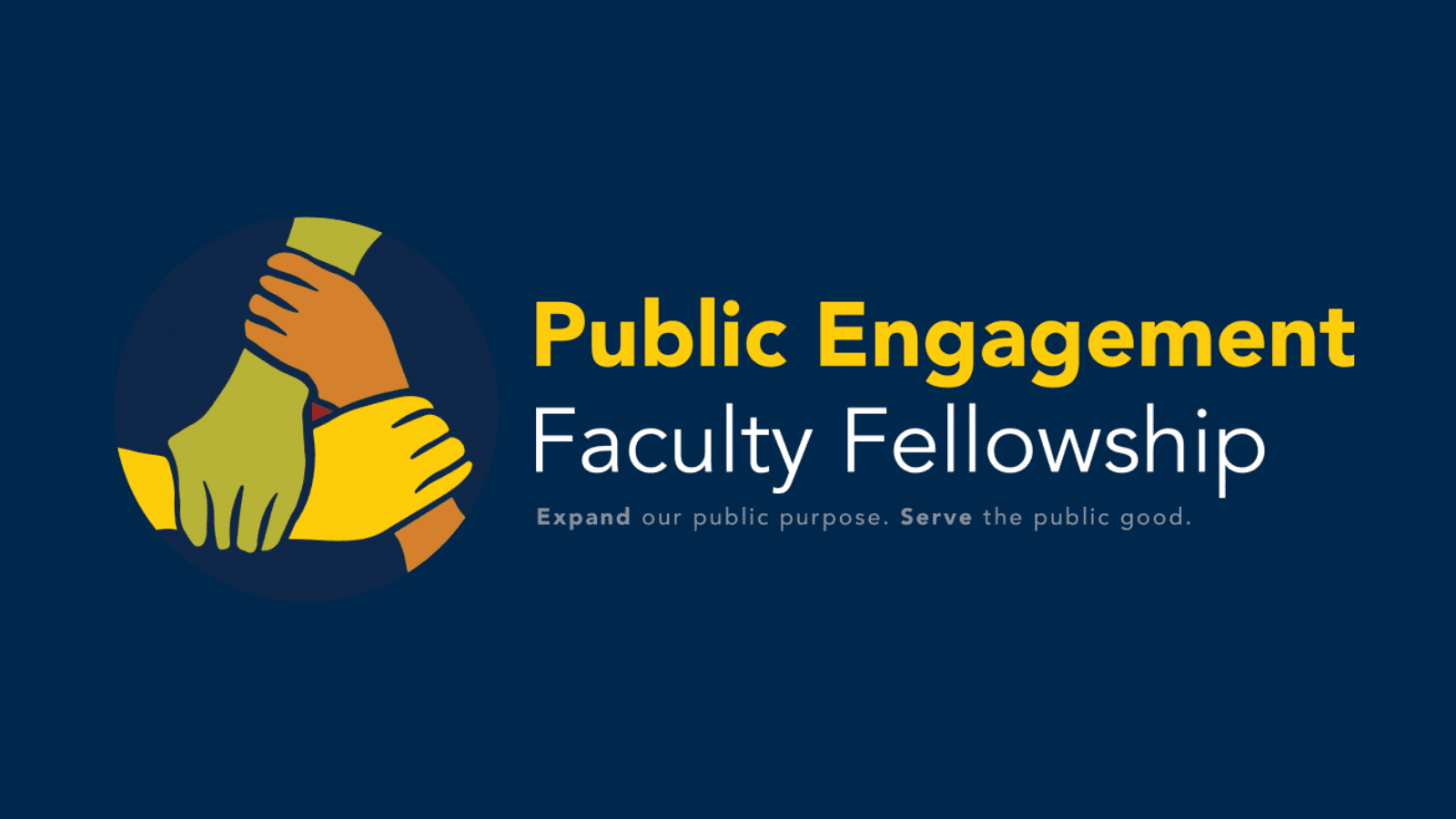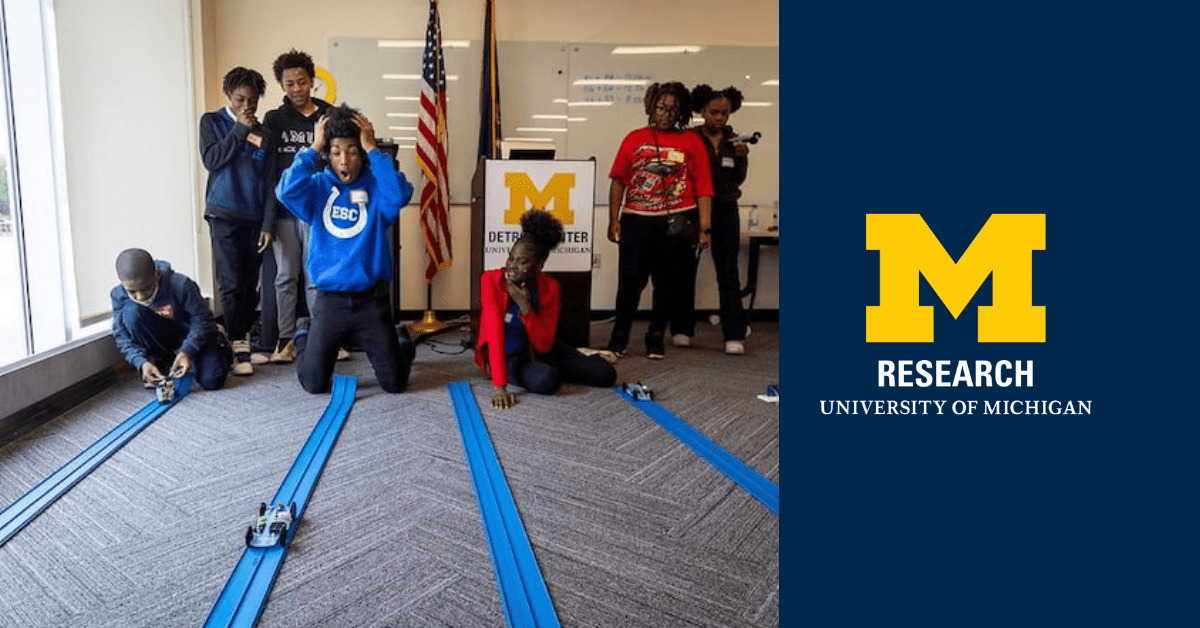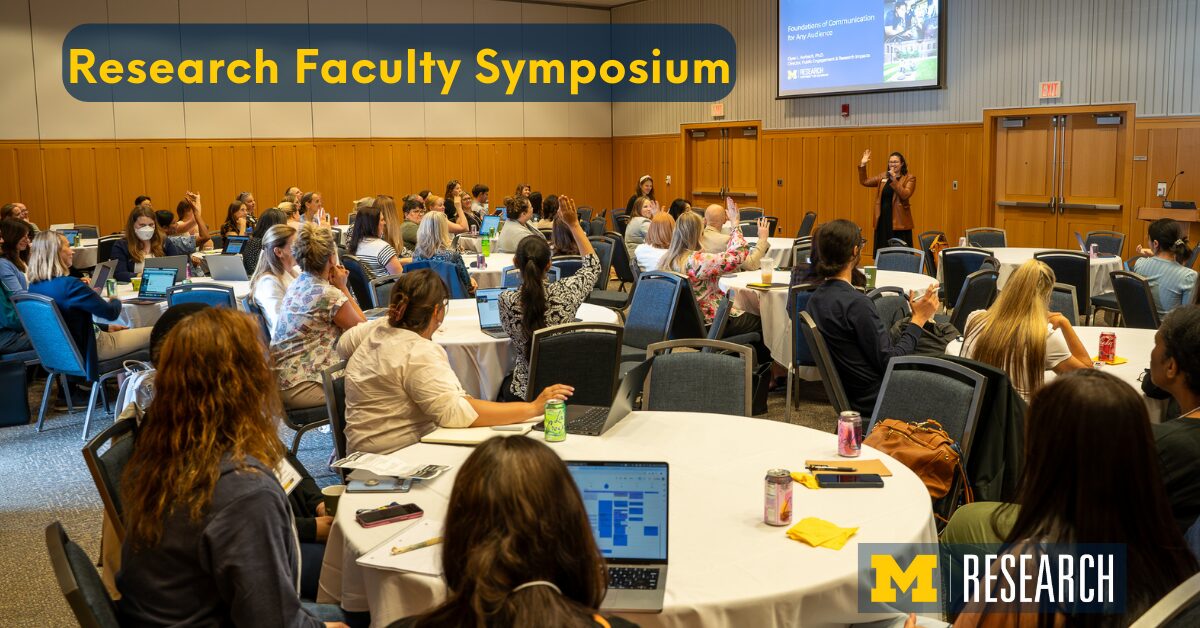Diversity, Equity and Inclusion
The University of Michigan Office of the Vice President for Research (OVPR) advances the excellence of research scholarship and creative activity across all three campuses by fostering new research and providing central services. OVPR believes diversity, equity, and inclusion is critical to its mission of catalyzing, supporting, and safeguarding research to serve the world.
Moving from Words to Action
True progress in Diversity, Equity, and Inclusion requires more than just speaking the right words; it necessitates undertaking purposeful actions to embody these values and integrate them deeply into the very essence of our mission.
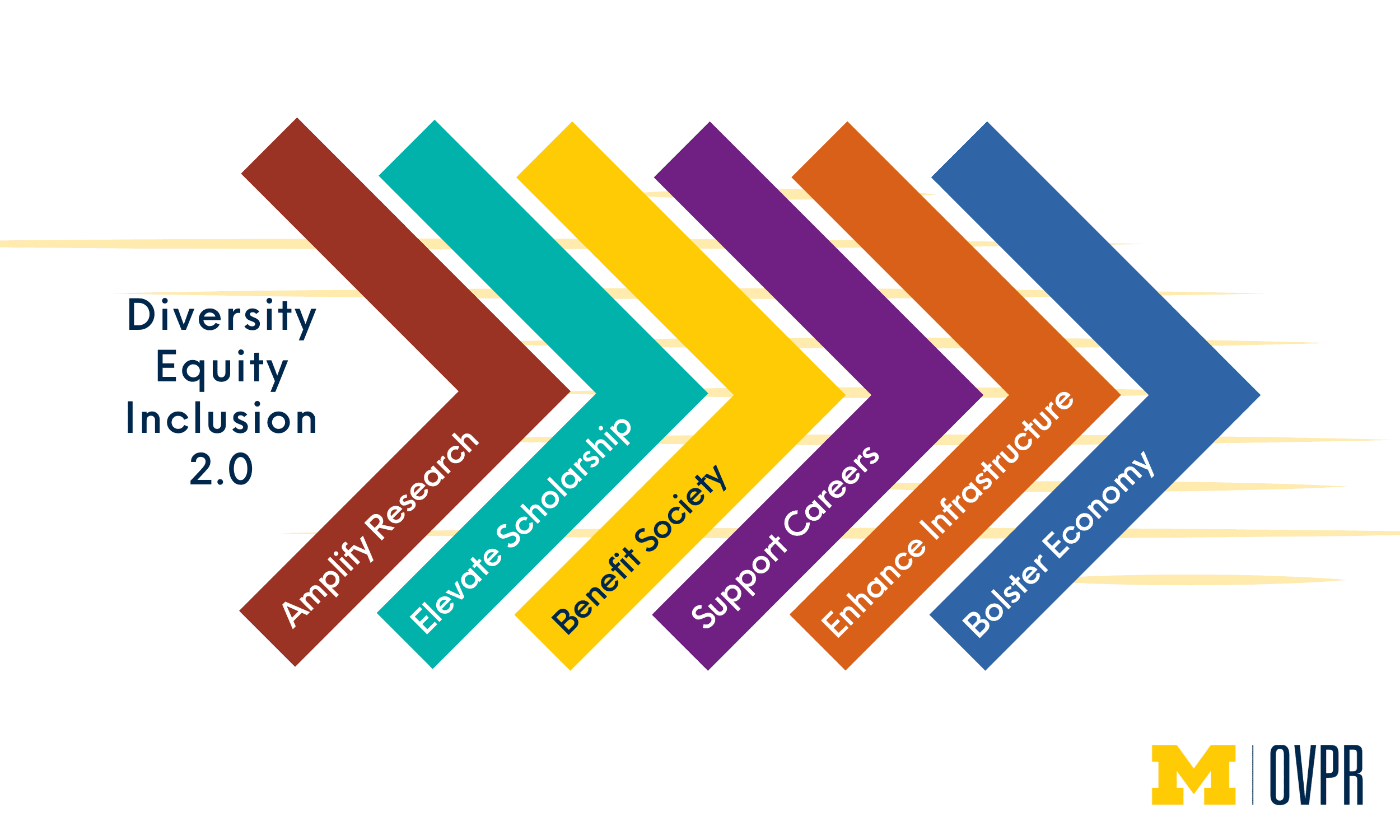
Leadership Insights

Kathleen M. O’Sullivan-Cook, Compliance Specialist Associate
How are you progressing from theoretical DEI concepts to actual implementation (Moving from Words to Actions)?
Our unit has made several strides toward implementing our Strategic Plan. We have already begun to research training and events for our staff, and have just booked our first training for August. We have begun to incorporate DEI practices into our hiring, as we brought on two new individuals this past summer. We have also hosted a potluck event that highlighted our diverse staff and explored our DEI Strategic Plan together with our unit.
What are your personal plans and practical strategies to continue enriching your commitment to DEI efforts?
My personal plans include participating in any DEI events on campus or online as I’m able, to better understand the whole of UofM staff and the campus-wide efforts being made. I also have participated in local and regional events that support societal DEI efforts, and stay aware of policy and movements that may affect the people around me.
DEI 2.0 Intended Impacts
The strategic objectives needed to further the university-wide goals of diversity, equity and inclusion have been aggregated into three distal objectives determined by the University: People (Who We Are), Process (What We Do), and Products (Who We Serve)
PEOPLE (Recruit, Retain & Develop a Diverse Community)
Intended Impact: OVPR will work to shift the demographic structure of its faculty, staff, and student constituencies toward greater multidimensional and intersectional diversity and to provide our PEOPLE equitable work environments where everyone can develop, advance, and succeed.
PROCESS (Create an Equitable and Inclusive Campus Climate)
Intended Impact: OVPR will work to ensure that our units and the broader campus research community are places of inclusion, fairness, and safety for all staff, faculty, and students
PRODUCTS (Support an Innovative, Equitable and Inclusive Research Environment)
Intended Impact: OVPR will promote inclusion, enhance equitable outcomes, and increase access throughout our mission to catalyze, support and safeguard research, scholarship, and creative practice.
Official Launch of DEI 2.0 in OVPR
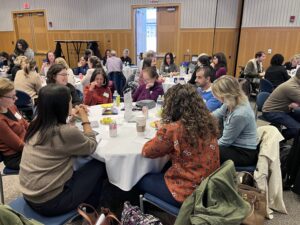 OVPR officially launched its DEI 2.0 strategic plan on October 12 with a celebration event at Palmer Commons’ Great Lakes Room. More than 110 individuals from across OVPR and its units engaged in activities designed to build community, demonstrate the power of diverse thought, and assist with envisioning successful DEI 2.0 unit implementations.
OVPR officially launched its DEI 2.0 strategic plan on October 12 with a celebration event at Palmer Commons’ Great Lakes Room. More than 110 individuals from across OVPR and its units engaged in activities designed to build community, demonstrate the power of diverse thought, and assist with envisioning successful DEI 2.0 unit implementations.
OVPR Unit’s Year 1 DEI 2.0 Timeline
Community Engagement, Reporting, Iterative Planning
DEI 2.0 Year One Highlights
Current Initiatives
Anti-Racism Grants
OVPR and the National Center for Institutional Diversity’s Anti-Racism Collaborative jointly administer the Anti-Racism Grants program, whose main goal is to support rigorous, innovative, and technically sound research relevant to the most pressing questions and compelling opportunities concerning racial equity and justice in society. Learn more about the grants and how to apply.
University launches initiative with minority-serving institutions
The University of Michigan has launched a new program designed to establish equitable, sustainable and mutually beneficial research collaborations with minority-serving institutions.
Read more about U-M’s initiative with minority-serving institutions
